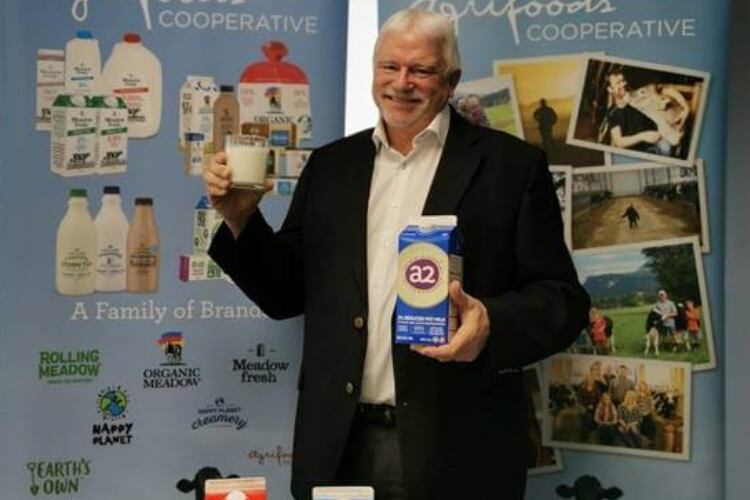The company saw total revenues of NZ$1.73bn (US$1.13bn), an increase of 32.8%, as well as a 32.9% EBITDA increase to NZ$549.7m (US$359.2m). Net profits after tax of NZ$385.8m (US$252.1m) were up 34.1% on the previous year.
Group infant nutrition revenue was NZ$1.42bn (US$0.93bn), up 33.8%, and there was strong growth in China label infant nutrition, with sales more than doubling to NZ$337.7m (US$220.7m), while distribution expanded to more than 19,000 stores.
The company said the COVID-19 pandemic had a modest positive impact on revenue and earnings for the year.
Additionally, business was favorably impacted by foreign exchange movements.
The company said it finished the year with inventory of NZ$147.3m (US$96.2m), higher than prior years, in part reflecting growing business, as well as the decision to carry a higher level of inventory as a safety buffer given the uncertainties of COVID-19.
Targeted exploration of new markets continues: In October it launched a new Hong Kong label range of infant formula, followed in December by Stages 1-3 infant formula in Korea with partner YuhanCARE (Yuhan), and in March a new licensing agreement with AgriFoods in Canada was agreed to produce, market and distribute a2MC’s fresh milk brand.
A China label version of its Stage 4 product was also launched, and tamper-evident lids introduced for Stages 1, 2 and 3 China label products in December, to further enhance product security and provide additional differentiation from English label products.
Infant nutrition sales in ANZ grew 14.1% delivering NZ$745.1m (US$467.2m) in revenue for the year.
Despite positive growth, COVID-19 related travel restrictions negatively impacted the reseller channel due to reduced travel between Australia and China.
The company said it has recently entered into an arrangement to underwrite the expansion of the manufacturing facilities of its long-term fresh milk supply chain partner in Victoria, Kyvalley Dairy Group, to support the ongoing growth of our liquid milk business.
Through this arrangement, the a2 Milk Company will acquire Kyvalley’s Kyabram milk processing facilities and fund its expansion and upgrade. Kyvalley will manage the assets under a lease and revised long-term supply agreement.
The arrangement would involve certified dairy farmers continuing to supply Kyvalley with raw milk.
The arrangement remains subject to Foreign Investment Review Board approval.
For all other nutritional products, sales increased 30.5% to NZ$85.2m (US$55.7m). The most significant proportion of this segment remains a2 Milk whole milk and skim milk powder, which is now available in ANZ and China with further potential for growth across new channels, particularly in offline China retail channels.
US milk revenue growth was 91.2%, with distribution expanded to around 20,300 stores, and the company said while consumption is up as compared to the prior period, from March, in-store foot traffic during the pandemic reduced due to retailer safety policies and purchasing limitations on milk per visit.
The company said it is seeing consumers are becoming more value conscious given economic uncertaintie and high unemployment rates, and FY21 sales and marketing plans have been adjusted accordingly.
In FY21, a2 Milk said it will shift focus away from broadcast advertising media to a greater emphasis on in-store price and activation to drive demand.
It expects the outcome of this shift will be growth in volume accompanied by increased trade spend with net revenue broadly consistent with FY20. With lower overall marketing spend, this should translate to an improved EBITDA result for FY21.
To support the execution of overall group strategy, the company increased the size of its team to more than 300 people, up 41% from last year.
Notwithstanding coronavirus-related uncertainties, overall for FY21, the company said it anticipates continued strong revenue growth, with an expected EBITDA margin in the order of 30% to 31%.
FY21 capex is currently expected to be NZ$50m (US$32.7m) due to ERP investment and capital projects supporting fresh milk processing in Australia.

